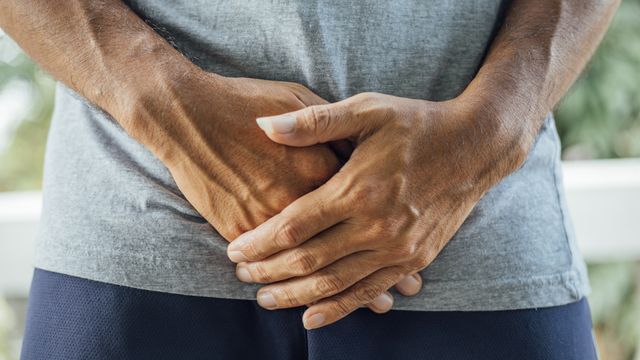Wouldn’t it be wonderful if we could prevent prostate cancer? Unfortunately, we’re not there yet—but we understand what measures can be taken to help reduce your risk of developing prostate cancer. One way is through a blood test to determine the prostate-specific antigen (PSA) levels in the blood. The higher the level of PSA in the blood, the more likely a prostate problem exists.
However, it should be noted that while men with prostate cancer have elevated PSA levels in their blood, other conditions may also affect PSA levels. Certain medications, medical procedures, prostate infection and an enlarged prostate can cause an increase of PSA levels. In other cases, some prostate glands naturally make more PSA than others.
There’s no absolute way to prevent prostate cancer, but there are some things you can do to reduce your risk by maintaining a healthy lifestyle.
Below are six ways to lower your risk of prostate cancer (and reduce the risk of progression for men on active surveillance):
Sustain a healthy weight
A recent study correlated a link between those with a larger waist circumference and increased BMI was associated with higher prostate cancer risk.
Eat a healthy diet that consists of abundant fruits and vegetables, soy products, legumes, fish containing omega-3 fatty acids, and real food, as opposed to processed and refined foods. Consume animal fats and high-fat dairy in moderation.
Limit alcohol intake.
If you do drink, perhaps choose red wine as it may have antioxidants that benefit your health.
Pour another cup of coffee (within caffeine moderation guidelines).
Clinical studies suggest that drinking several cups of coffee daily may decrease your overall likelihood of developing prostate cancer and lower the chances of fatal or high-grade prostate cancer.
Avoid tobacco. Smokers are more likely to have cancer come back. In addition, those who quit smoking before diagnosis had a much lower risk of death.


